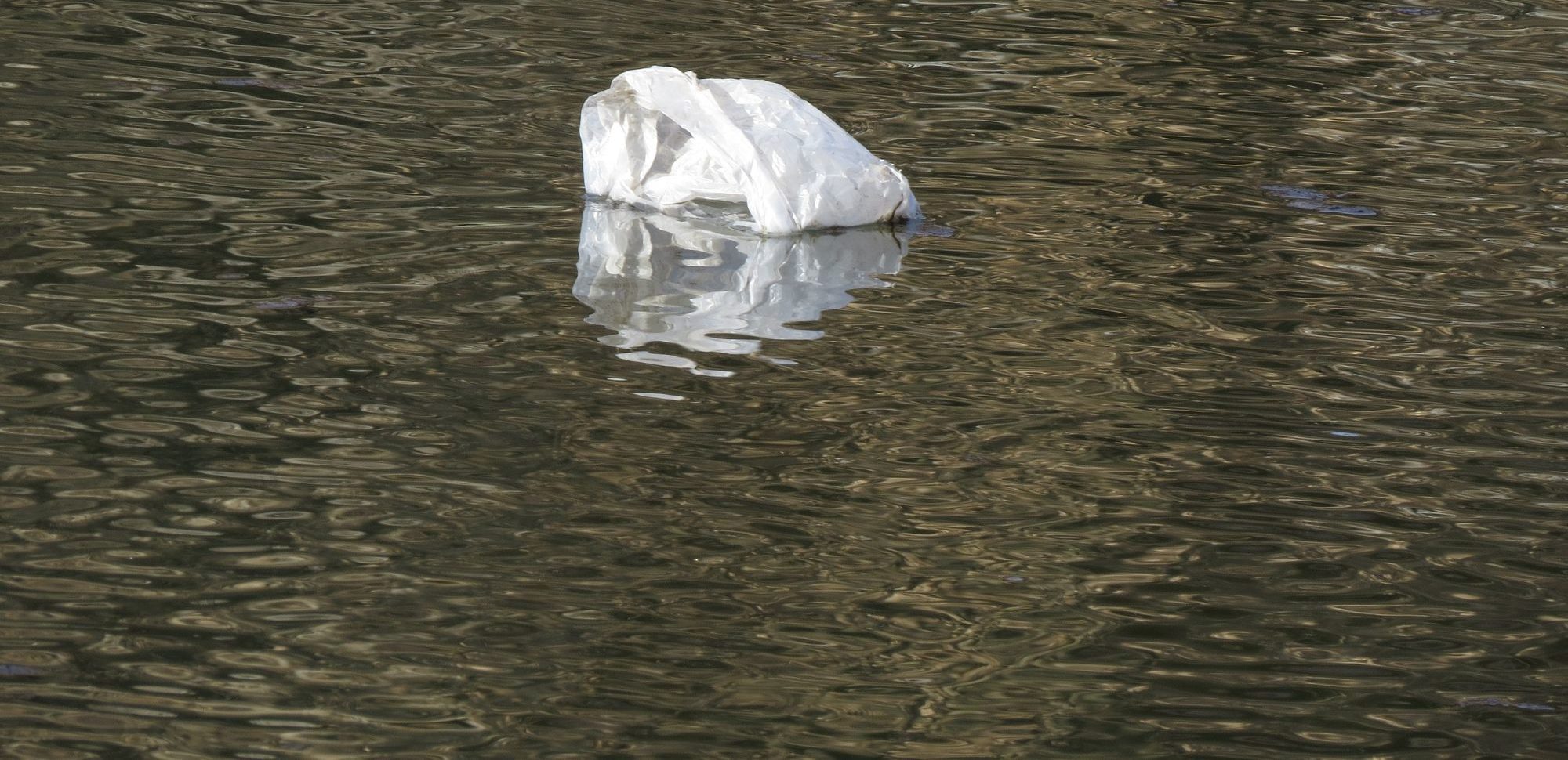The Government of Canada is providing $2,256,554 to 16 science-based research projects to learn more about the impacts of plastic pollution on our natural environment. This funding is provided through the Increasing Knowledge on Plastic Pollution Initiative.
“The Government of Canada is working hard to address plastic pollution and move toward a more circular economy, including by banning certain harmful single-use plastics,” said Peter Schiefke, parliamentary secretary to the minister of environment and climate change.
“By collaborating with university researchers and not-for-profit organizations, we are bridging the information gaps on the effects of plastics on the health of Canadians and our environment, making progress toward zero plastic waste by 2030 and creating a cleaner future for our children and grandchildren,” added Schiefke.
The Government of Canada recently published the final Science Assessment of Plastic Pollution, which looks at the presence of plastic pollution and its effects on the environment and human health. This assessment confirms that plastic pollution is everywhere and negatively impacts our environment, but it also determined that there are gaps in our knowledge. The funding announced today seeks to fill these knowledge gaps and help us move toward a cleaner, healthier world.
The Parliamentary Secretary made the announcement during the virtual Zero Waste Conference, where he also emphasized the importance of collaboration in research to support the implementation of Canada’s Plastics Science Agenda.
The Government of Canada has a comprehensive plan to address plastic waste, according to its announcement. The plan includes moving toward a circular economy, an approach that seeks to support change across the entire lifecycle of plastics—from design to manufacture, use, and recovery.
The plan also includes a ban on certain harmful single-use plastic items that are often found in the environment, are often not recycled, and have readily available alternatives. The proposed approach will put Canada on a pathway to achieve zero plastic waste by 2030.









